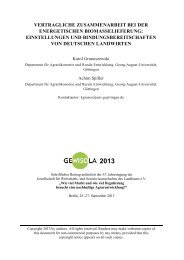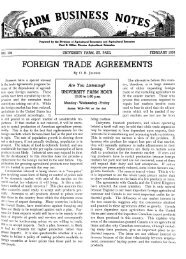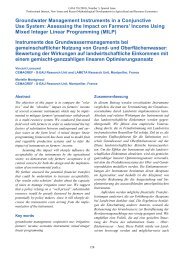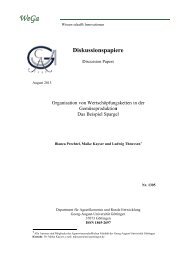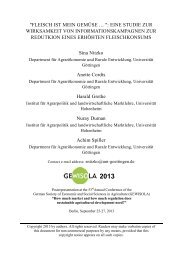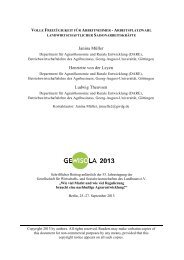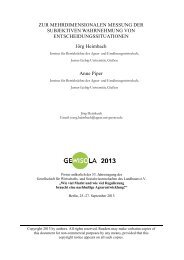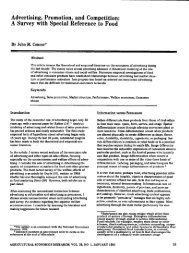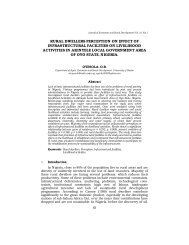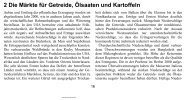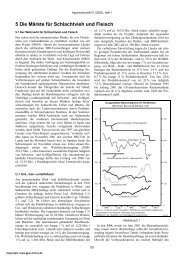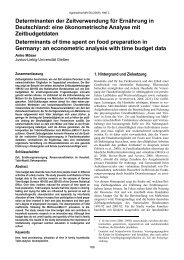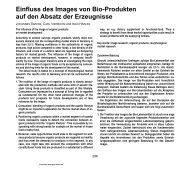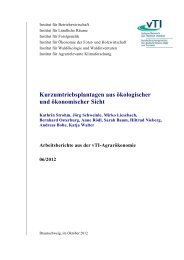District Institutes of Education and Training - Teacher Education
District Institutes of Education and Training - Teacher Education
District Institutes of Education and Training - Teacher Education
You also want an ePaper? Increase the reach of your titles
YUMPU automatically turns print PDFs into web optimized ePapers that Google loves.
<strong>District</strong> <strong>Institutes</strong> <strong>of</strong> <strong>Education</strong> <strong>and</strong> <strong>Training</strong>: A Comparative Study in Three Indian States<br />
Figure 8.1: Action researchers discussing practices<br />
The commitment to keeping a diary was difficult for some, as it added a competing<br />
dem<strong>and</strong> for their limited time. In addition to the time dimension, written text has<br />
connotations <strong>of</strong> supervision, since teachers are supposed to make timetable diaries,<br />
<strong>and</strong> so on, that were also uncomfortable for some. At the beginning, the<br />
completion <strong>of</strong> the diary seemed like an end in itself, but over time some teachers<br />
began to see the diary as a tool for themselves.<br />
After a couple <strong>of</strong> workshops, to help teachers develop their skills in describing their<br />
practices, the team drew out from their diaries six topics <strong>and</strong> asked them to refer to<br />
each other’s diaries to see, from what was written, what information they could find<br />
out about those topics. This generated very animated discussion in the groups about<br />
what they found, <strong>and</strong> comparisons with their own practice. In the plenary session, the<br />
teachers themselves came up with a checklist <strong>of</strong> the following aspects they thought<br />
should be reported upon:<br />
1. pre-preparation<br />
2. objective <strong>of</strong> the activity<br />
3. what difficulties you find to do particular activity<br />
4. sequence <strong>of</strong> the activities<br />
5. evaluation procedure<br />
6. teacher’s opinion <strong>and</strong> feeling<br />
7. Any other points like problems in school or anything else they want to tell us.<br />
During one workshop, we made use <strong>of</strong> the international dimension <strong>of</strong> the larger<br />
project by inviting the visiting head <strong>of</strong> the University <strong>of</strong> Manchester’s Primary<br />
Centre to talk about practices in the UK <strong>and</strong> participate in their discussions about<br />
158 DFID



